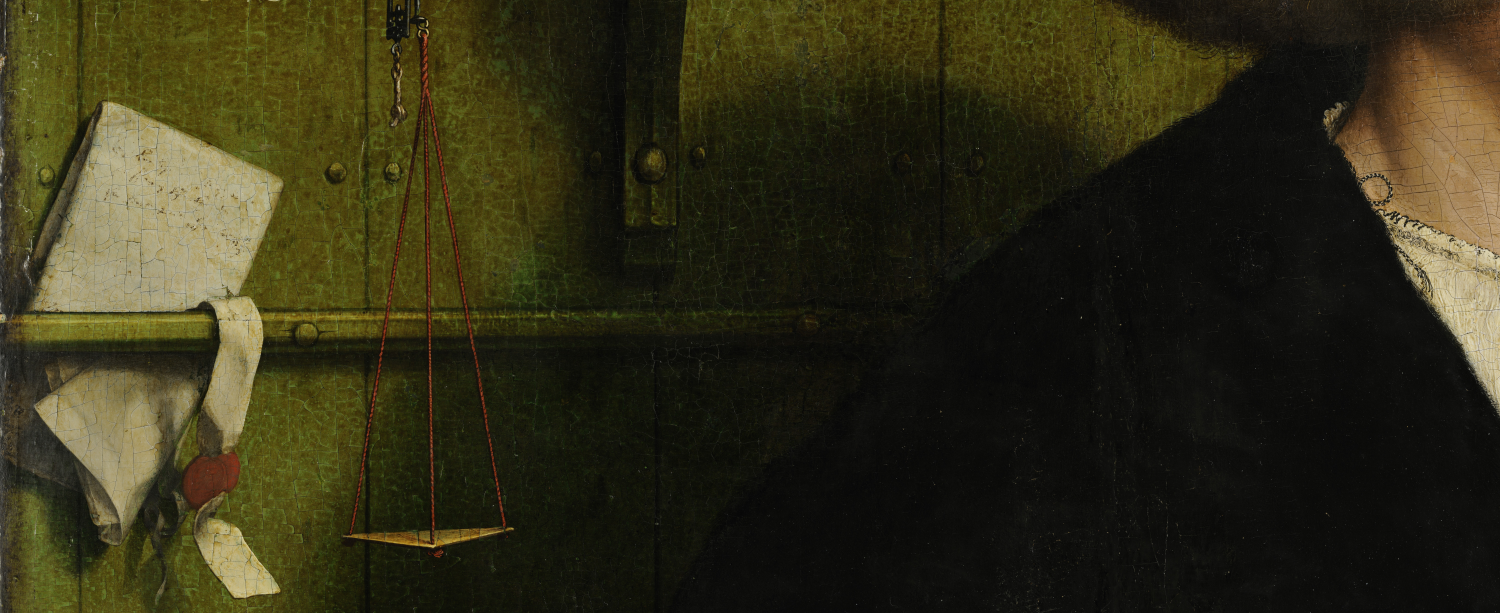Political Participation and Economic Development (Wahl)
Justyna Wubs-MrozewiczWe’re mostly into the qualitative side of #conflict here at retroconflicts, but a little quantification can be useful to grasp the scale and consequences of historical urban conflict. That’s why today’s #retroconflictinspiration #microreview is about the work of Fabian Wahl.
Wahl’s 2019 article ‘Political Participation and Economic Development’ set out to answer a simple but important #econhist question: which urban political institutions contribute to economic growth. To do so, Wahl investigated 3 ‘participative’ institutions across 282 cities. His three institutions are 1) guild representation in the council 2) citizen representation alongside the council (e.g greater- or outer-councils) and 3) the selection of councilors by election, even if only with a very limited franchise. In line with Sheilagh Ogilvie’s research, Wahl finds no evidence for guild government strengthening economic growth, and in the medieval period it may even have been harmful. Representatives outside the council likewise had no demonstrable effect on growth.
As these two institutions did not make economic contributions, Wahl argues, they must have arisen for other purposes. The most likely explanation, he suggests, is the management of conflict between different social groups involved in urban politics, as proposed by Acemoglu.
Elections, in contrast, show positive effects on urban economies, even on a limited franchise, although this effect declines over time; a decline not fully explained, Wahl finds, by the ‘Olsen Effect’ of lessening effectiveness over time due to corruption and similar forces.
Wahl's article leaves readers with a clear picture of urban institutions' effects on pre-modern economies, and intriguing questions raised about both electoral politics’ diminishing effect on economic growth and conflict management’s role in shaping political institutions.
The full article can be found on the EREH website at https://academic.oup.com/ereh/article-abstract/23/2/193/4995798?redirectedFrom=fulltext and more information on his database of institutions here https://autopapers.ssrn.com/sol3/papers.cfm?abstract_id=2498047
AC
